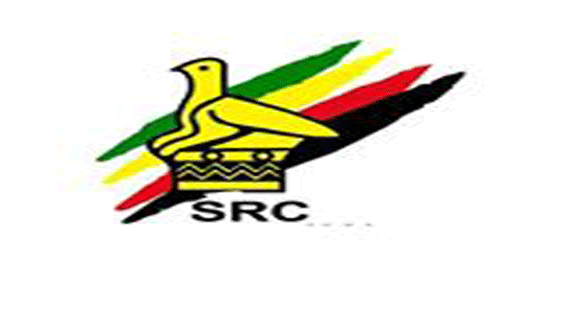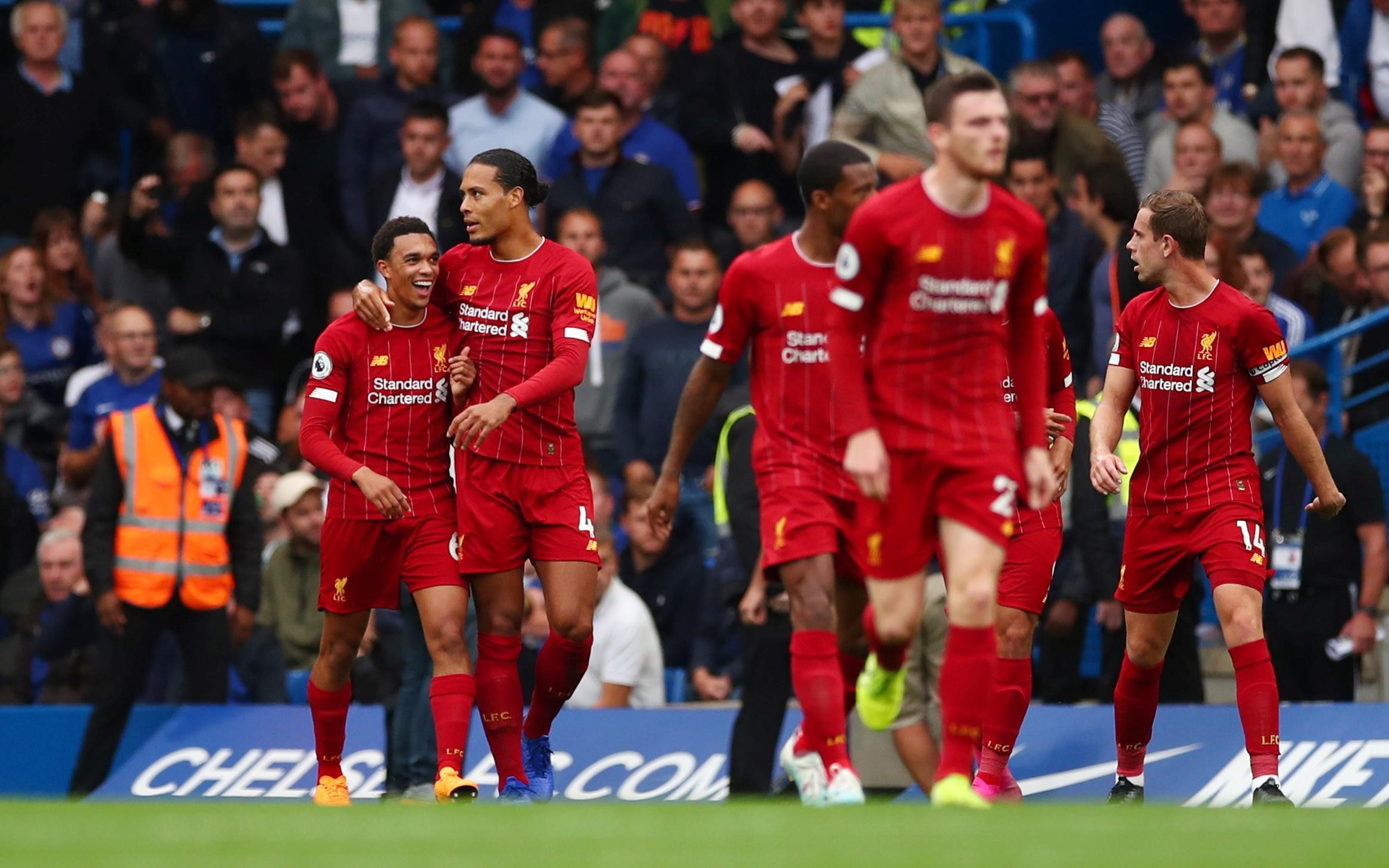
THE Sports and Recreation Commission (SRC) director-general Charles Nhemachena is embroiled in a messy wrangle with his managers who allege wanton violation of their contracts and cuts in allowances, leading to what they term a “self created animal called salaries shortfall”.
WELLINGTON TONI SPORTS EDITOR
Nhemachena though says the grievances have been referred to an arbitrator.
Documents in possession of our sister paper NewsDay Sport indicate that part of the managers’ transport allowance, provided for by Treasury, PAYE and medical aid submissions is being used to fund the so-called salary shortfall.
The managers sought a meeting with their employer and a certificate of no settlement was issued on February 4 2014 as no agreement was reached.
Part of the complaints by the managers read: “Charles (Nhemachena) said all provisions in the managers’ employment contracts were subject to variations except for basic salary. He went on to indicate that the contractual provisions were all conditional.
“He also indicated that he was going to write to Treasury advising them to stop disbursing $100 transport for managers while at the same time stop providing fuel to managers. Question is fuel is, an annually budgeted item and as such manager’s transport allowance cannot be used to buy fuel.
“Fact is, our allowance is not being used to buy fuel, but to fund a self created animal called salaries shortfall which he caused when he fraudulently adjusted his contract on his own without the board’s knowledge and consent.
- Chamisa under fire over US$120K donation
- Mavhunga puts DeMbare into Chibuku quarterfinals
- Pension funds bet on Cabora Bassa oilfields
- Councils defy govt fire tender directive
Keep Reading
“The board vice-chairperson, who is also the chairman of the SRC finance board committee, Mr Edward Siwela was tricked into approving his salary and benefits adjustments when Charles told him that the government was going to fund them.”
The issue of the contract is also raised by an internal audit that revealed that indeed Nhemachena’s contract was not signed by the relevant authorities.
Part of the audit report, which reveals this anomaly, reads: “The renewed five year employed contract (01/02/2012-31/01/2016) for the director general was not signed by the relevant authorities. Audit also observed that although the contract came into effect on February 1 2012 conditions of service were not adjusted to match the new contract.
“A detailed review of the payslip summary reports for the period February 2012 to August 2012 does not reflect such adjustments. Rewarding remuneration packages on the basis of an unsigned contract is legally unacceptable practise especially when it comes to computation of exit packages.
“Any unsigned employment contract is at law considered null and void, and is not legally binding. Audit investigations revealed that the signed copy was misplaced by the PA to the director-general.”
The managers allege that the SRC collects $80 000 annually from their 6% levy from the Premier Soccer League, but the money is not used for sports development.
“This money which is supposed to be used to promote sport development and partly fund SRC operations is now being used to fund the same shortfall,” the report read.
Other issues raised
- SRC staff who used to be served lunch last had this priviledge in September last year,
- The staff bus is now history as it broke down two months ago,
- The DStv at the reception has not been subscribed for months yet the same directors are having their DStv subscriptions well paid in time,
- There is no Internet and telephone due to failure to subscribe,
- Managers’ airtime allocations were revised downwards from $70 per month to $20 yet those of directors was reviewed upwards; contract lines can go as far as $400
- This year Treasury has allocated $30 000 for capital expenditure which also would be used among other capital assets, one car for the managers, but now he wants to use that money to buy his contractual vehicle
- The SRC had nine vehicles for managers which were disposed of through an auction sale in 2010, where the best car was bought at a controversial price of $300, and the other one by another director Joseph Muchechetere for $100.
No replacements were made. In his written response to the issues, Nhemachena said there are no resources to continue funding lunch for the time being adding that the grievances have been referred to an independent arbitrator currently handling the matter.
“The bus has been sent to Japan Motors for repairs. It is now very unreliable as it was a donation to SRC soon after the 1995 All-Africa Games.
“Dstv at reception is not a priority especially in light of the current resource constraints. DStv for directors is a contractual benefit and is meant to ensure that they are in touch with current events since they have a bearing on the leadership positions.
“This (absence of Internet and telephone) is due to inadequate resources. Selected strategic offices have communication facilities.
Airtime allocations were adjusted in relation to resource availability. Directors have more communication responsibility hence the need for more airtime than is made available to managers.
“Reprioritisation of the SRC budget is the board’s responsibility and the board is still to hold its first meeting for the year 2014. The matter has therefore not been discussed.
“Disposal of vehicles is done in terms of SRC asset disposal policy.
“Board approval was granted to sell vehicles to directors at book value in terms of their respective contracts. No auction was ever held as referred to in this question,” Nhemachena said.
He said his contract had been approved by the board.
“Contract was approved by the board and the minister and subsequently signed by the chairman with two board members as witnesses.” he said









